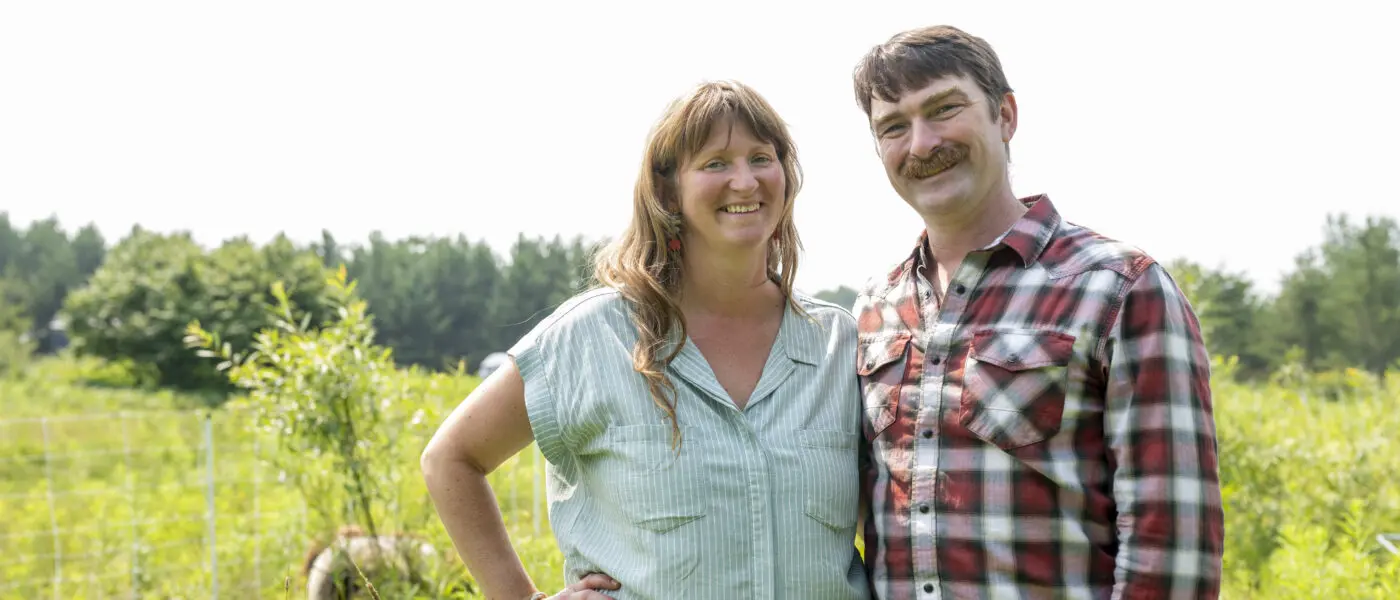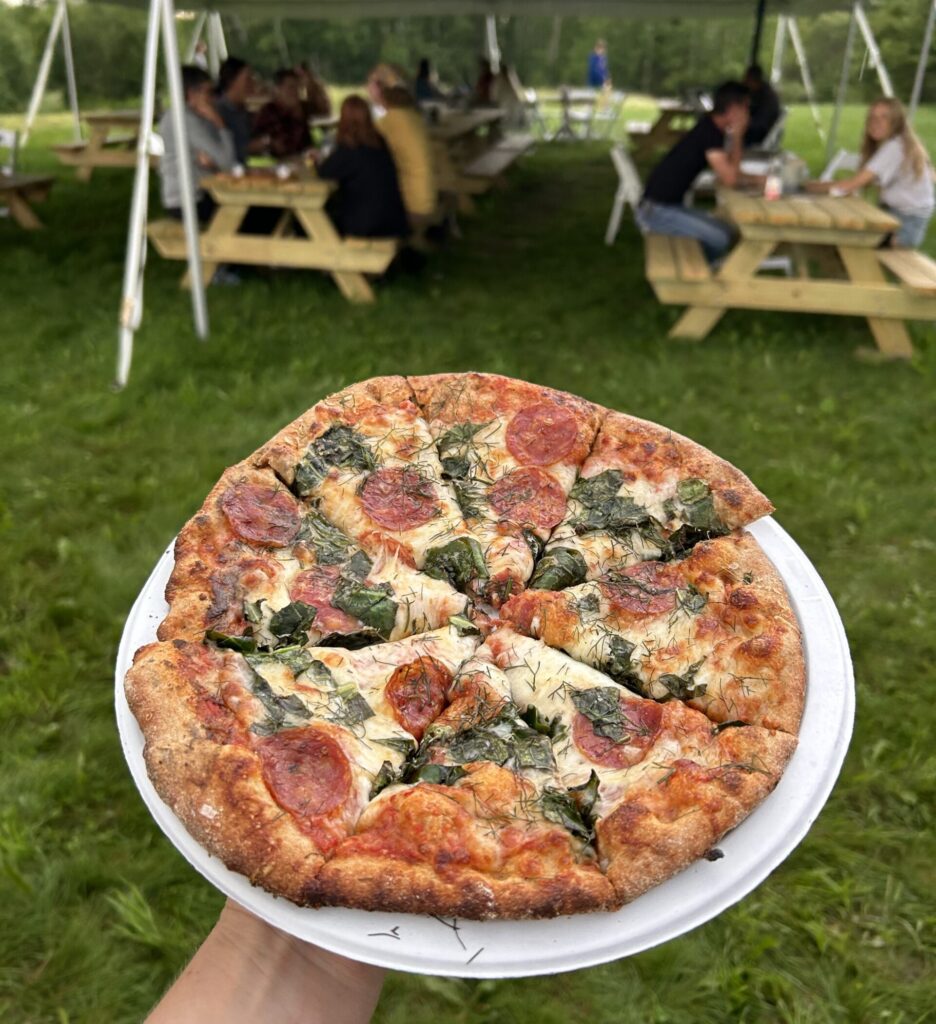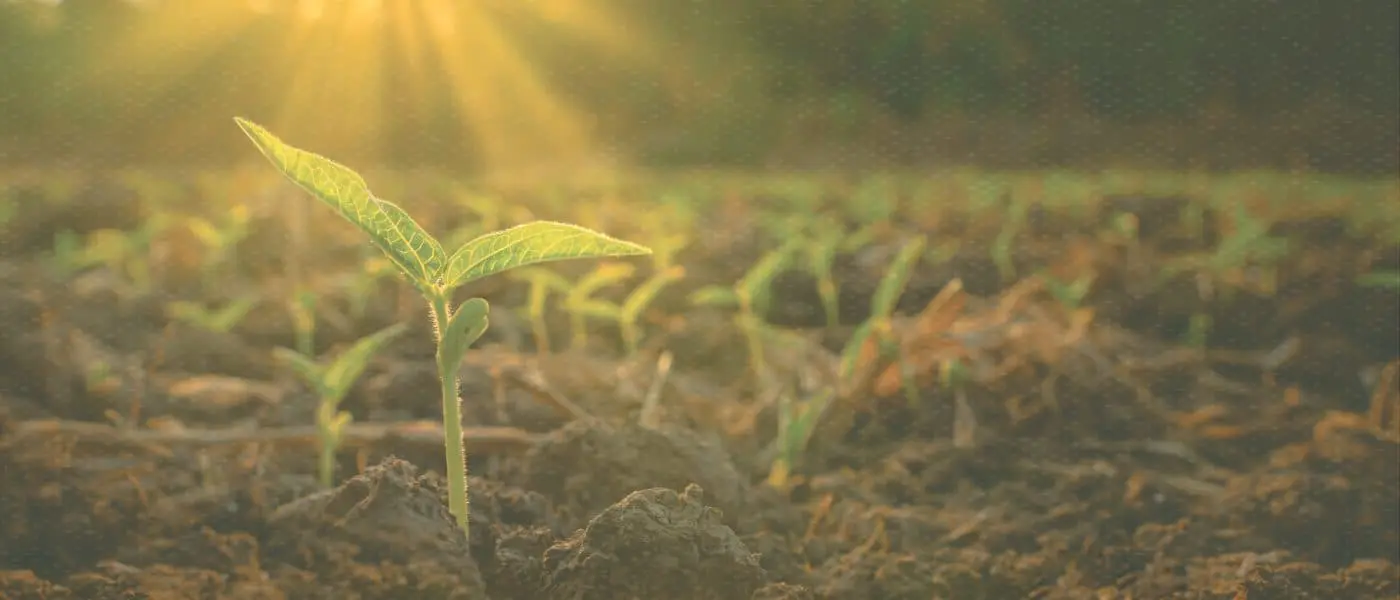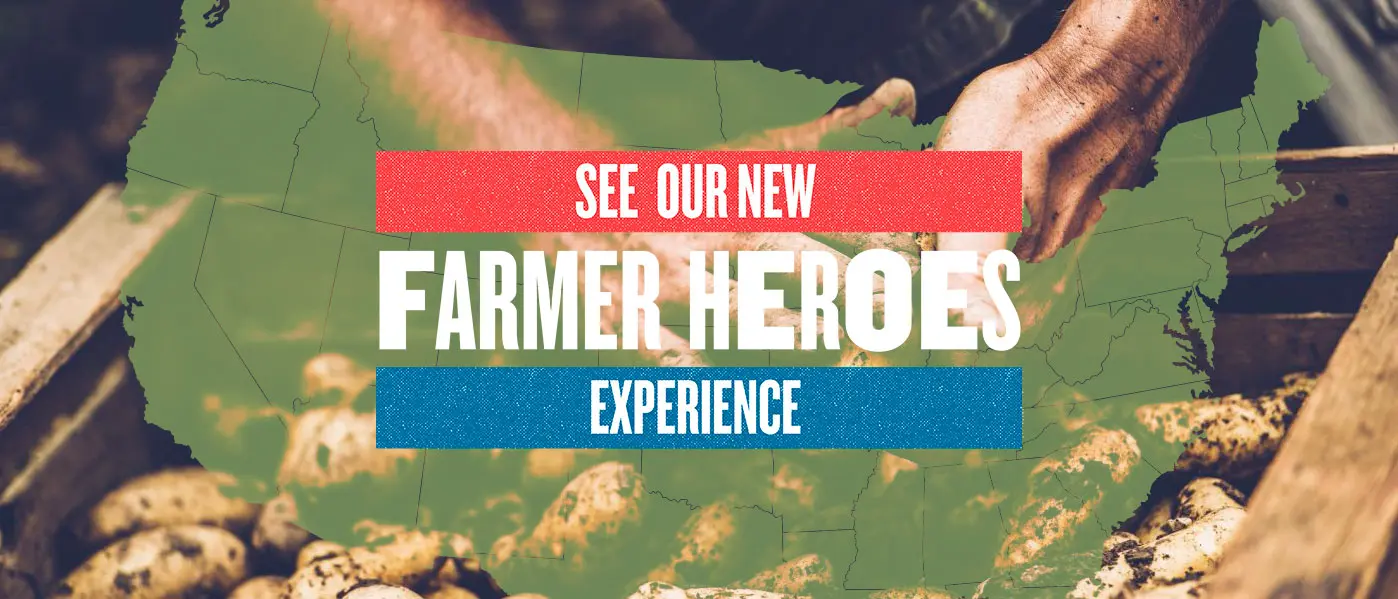Just north of Duluth, Minnesota, 27 acres of prairie and woods have been transformed into Fairhaven Farm, a small, diversified operation founded by John and Emily Beaton. At the heart of the farm is a commitment to sustainable agriculture, education and creating community around local food.
John and Emily grow vegetables and fruit on two intensively cultivated acres, raise Icelandic sheep on pasture, and invite their neighbors to experience the land through CSA shares, seasonal farmstands and the farm’s weekly pizza nights.
In 2014, at just 24 years old, John Beaton launched Fairhaven Farm with a small Community Supported Agriculture (CSA) program. Around the same time, he met Emily at a local farmers market—both of them selling their own homegrown goods. Not long after, they crossed paths with a retiring vegetable farmer who was considering passing on her land to the next generation. The property, already equipped with essential infrastructure, became the foundation for John and Emily to hit the ground running. The land had been thoughtfully cared for by an organic grower, who recognized John and Emily’s ambition, care, and potential as dedicated stewards. In 2017, the couple officially purchased the farm near Saginaw, just north of Duluth. While the region’s short growing season and unpredictable weather make farming a challenge, they meet it with persistence, tenacity and adaptability. Over time, their CSA program expanded to serve 50 local households with fresh, farm-grown produce.
One of the most distinctive parts of their farm isn’t in the field; it’s the wood-fired oven. Every Friday night during the growing season, Fairhaven hosts pizza nights. People come out to the farm, eat fresh pizzas and salads made with ingredients grown there or sourced from other local producers, and get a chance to see how their food is grown. About 120 people come each week. Some just want a good meal, others ask questions, wander the rows or connect with the farmers behind the food. Emily and John also run a Friday farm stand, where folks can pick up pre-ordered vegetables or buy flowers, herbs and produce on the spot.
“People meet once a month here on the farm and they get an in-depth experience of being a farmer. They learn how to grow produce, but more than that we actually use the farming season as a metaphor for personal growth.”
John and Emily do most of the work themselves, with help from a few seasonal workers and volunteers. Some of the farm’s labor comes through a nine-month farm immersion course called “Growing Your Good Life,” which meets monthly on the farm. “People meet once a month here on the farm and they get an in-depth experience of being a farmer. They learn how to grow produce, but more than that we actually use the farming season as a metaphor for personal growth,” John explains. It’s hands-on, and it often leads to more than just farming skills; the small sized cohort allows for important bonds to be made amongst those who join this program. This is a unique attribute to the farm and displays the dedication the pair has to reforming education, pairing farming skills with mindful living and connecting all parts of life to nature.
John explains that with rising costs and unpredictable markets, relying solely on selling produce has become increasingly difficult. “We are finding it incredibly difficult to make it by living off the land in a traditional way that is like we grow x, y and z and bring that to town and that provides our livelihood.”
In addition, as support programs shrink and federal funding for local and sustainable agriculture remains uncertain due to shifting priorities in the new administration’s Department of Agriculture (USDA), John and Emily continue to adapt. Their farm and the way they use it reflects a shift happening across small-scale agriculture, one that values relationships, community and rethinking what it means to farm today. That shift has changed the way he and Emily think about Fairhaven’s future. “Instead of selling crops in the traditional sense and relying on our CSA, we’ve focused more on creating experiences like pizza nights, community events and education.” For them, it’s not just about selling food. It’s about helping people understand what it takes to grow it.
“When you treat the earth well and the soil well you get so much more than you give.”
John says, “There is a natural abundance within nature, when you treat the earth well and the soil well you get so much more than you give. You plant one seed, and the plant gives you one hundred times more.” That belief in giving and receiving has shaped how Fairhaven operates. The farm becomes a place where connections are made and understanding grows. It’s in these simple, human moments that they see solutions to some of farming’s biggest challenges, the power of sharing abundance, knowledge and time. John calls this “farming for peace.”
Fairhaven Farm isn’t just a place to buy vegetables. It’s a space where people gather, learn and reconnect with the work behind their food. And sometimes, all it takes is a warm slice of pizza to start that conversation.






